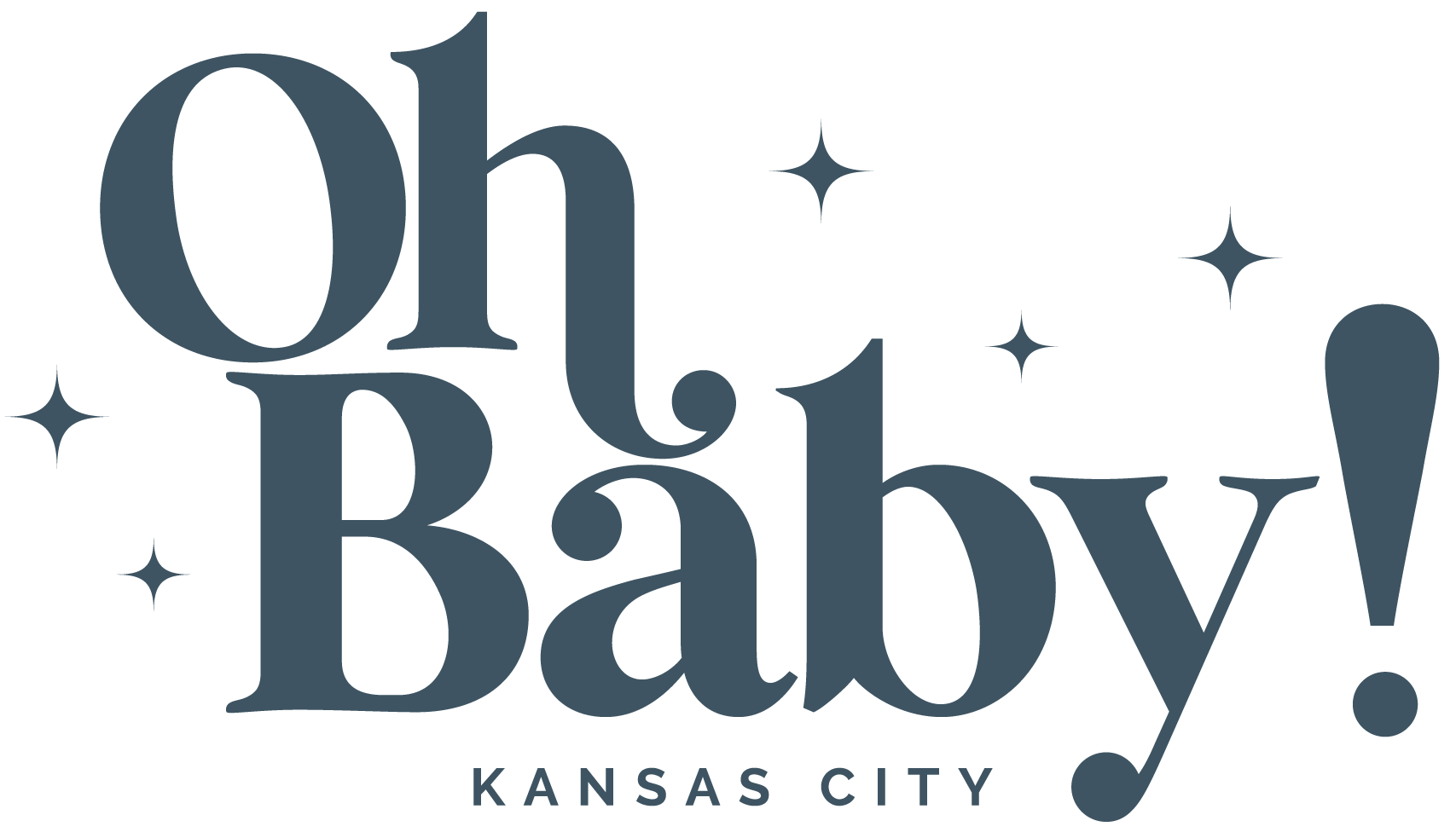Postpartum Hair Loss Help: What you can do, what is normal and finding products to make you feel like yourself again
We’ve all heard that having children can affect our hair. Texture, Color or even thickness. So what’s the skinny on that?
For most women, hair changes are usually noticeable during pregnancy and soon after they give birth. Although new hair growth slows during pregnancy because of hormonal shifts, it also doesn't fall out as quickly, which can make your hair seem extra thick and luxurious when you're expecting, thus convincing us that our hair is super healthy and full.
What happens to your hair after you give birth?
Most women will return to their usual hair growth cycle between 6 and 12 months after birth. Many new moms notice hair loss – sometimes quite dramatic – around three months postpartum. This is a normal – and temporary – postpartum change that is unrelated to breastfeeding.
Postpartum Hair-loss.
If you have postpartum hair loss, or hair loss after pregnancy, you'll notice a sudden shedding (sometimes in clumps) in the six months after you give birth.
What causes postpartum hair loss?
The average person loses about 100 hairs a day, but not all at once, so you don't notice them. When you're expecting, however, your pregnancy hormones keep those hairs from falling out — leaving your hair looking as lush as a supermodel's, or so thick that you can barely get a brush through it. But all good things must come to an end, and that includes your awesome new 'do. When those hormones drop back to normal, the extra hairs drop, too.
Things that you can do for your hair loss.
Conventional product usage can cause both of these issues. Eating the right foods and getting enough water can greatly improve the quality of the hair. Think of your hair care routine much like the time at the gym. You want to treat your hair as well as we treat our bodies. Plenty of rest. Less stress. Plenty of water. I also suggest looking into vitamin deficiency.
Prenatal supplements are good for after birth as well. These tips can assist you with taking better care of your hair…
Be extra gentle during your shedding season to prevent excess hair loss after pregnancy. Shampoo only when necessary (as if you have time to shampoo at all!), and use a good conditioner and a wide-toothed comb to minimize tangling. Use scrunchies or barrettes to put hair up, instead of rubber bands — and don't pull hair into tight ponytails.
You may not be able to stop the hair loss but there are extra steps you can take to make hair appear fuller.
You can experiment with different products (such as hair thickener or mousse) to give your hair a fuller look during this transition period. Avoid heavy conditioners, which tend to weigh down hair.
What you need to know about postpartum hair loss
Don't panic: You're not going bald, you're just getting back to normal and your hormones are regulating. If you're breastfeeding, some of your extra hair may hang on to your scalp until you wean or start to supplement with formula or solids. But nursing or not, take comfort in knowing that by the time your baby is ready to blow out the candles on that first birthday cake (and perhaps has plenty of hair of their own), your catch-up hair loss will be finished, and your locks should be back to the way they were before pregnancy too. If you are still struggling it may be a lack of vitamins and you should seek a doctors advice.
If any of this resonates with you. Please feel free to contact us with any questions.
I suggest using CityGRL shampoo and conditioner for a least four weeks after giving birth. As always I suggest Deep Repair from CityGRL to make the hair soft and strong.
Meet Jennifer
What I do is art, created with love. I developed a line of haircare products to reflect love, kindness and respect. It reflects me. My nature, is to love and respect my clients (friends) and also love and respect their hair. Every time I get a chance to create or get challenged to fix something, my love grows more.


